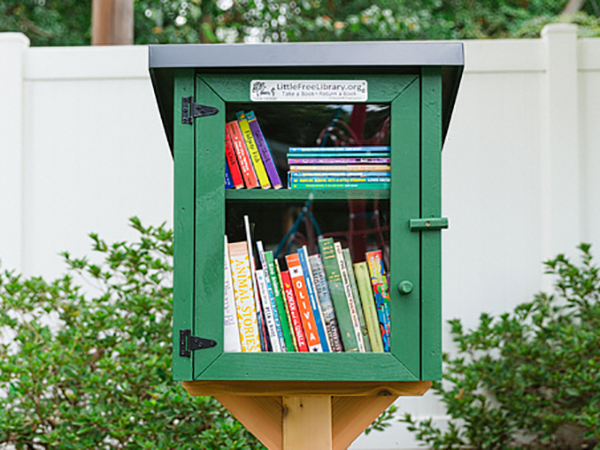Adults lounge in the shade. A boy takes a running leap and cannonballs into the water.
I’m stretched out on a lounge chair, poring over a thin paperback. As I read, the sounds of laughter and splashing fade away. They are replaced by a familiar voice: “It’s le-vi-OH-sa, not le-vi-oh-SA.”
When I discovered the “Harry Potter” series, I was immersed in the wizarding world. But what fascinated me the most wasn’t the magical creatures or perilous adventures; I was obsessed with Hermione Granger.
During classes, I’d seat myself in the first row and shoot my hand into the air when the teacher asked questions. Each Halloween, I would deck myself out in flowy robes and Time Turner necklaces.
As the years passed, my devotion faded away. However, the lessons she taught me still hold true. She taught me to love my curly hair. She taught me to embrace intellectual challenges, not shy away from difficult material.
Although Hermione played a significant role in establishing my self-confidence as a child, not every kid has a positive role model like her. Less than half an hour away from my neighborhood swimming pool is Moten Elementary School. In 2019, only 12% of Moten’s students met the expectations of D.C.’s English Language Acquisition (ELA) component of the Partnership for Assessment of Readiness for College and Careers (PARCC) exam, according to its school profile.
Moten’s low ELA test results are indicative of a far larger problem: D.C. is currently experiencing a reading crisis. Just 37% of fourth grade DCPS students scored at literacy proficiency levels on the PARCC in 2019, according to a presentation by the Office of the State Superintendent of Education.
Additionally, the Washington Post reports that this issue has worsened during the pandemic. In particular, Ward 8, the D.C. ward with the highest poverty levels, has suffered: the amount of students far below reading proficiency has increased from 44.5% (2019) to 64% (2020) of the total student population.
As a result of these low literacy levels, many students across Ward 8 don’t have their own Hermiones to look up to.
This year, I received WIS’s Community, Equity, & Justice award (CEJA), which provided me with $200 to fund my initiative tackling the reading crisis.
I’m currently using the fund to build a Little Free Library (LFL) for Moten. A Little Free Library is a small, wooden box placed in a public space, where anyone can take a book or leave a book. They increase accessibility to books across socioeconomic divides and encourage recreational reading.
In addition to merely providing the Moten students with access to books, I’m emphasizing access to books with representation, namely characters of different races, gender identities, and religions.
I’m focusing on providing books with representation given that Moten’s student body is overwhelmingly Black and Latino, whereas only 23% of children’s books feature people of color, according to the HuffPost. Consequently, even the 12% of students who meet literacy expectations are deprived of role models that look like them.
To address this issue, I’ll stock the library with books such as J.C. Cervantes’ Storm Runner trilogy, about a Latino boy who has to defeat an evil Mayan god, and Tristan Strong Punches a Hole in the Sky by Kwame Mbalia, which depicts a young Black boy partnering with West African deities to save the world.
From Monday, April 4 to Friday, April 15, I’m conducting a book drive at WIS, and I hope that students and parents will contribute by purchasing and donating books. Here is a spreadsheet with a list of diverse reads where you can add your name if you’d like to purchase a book for the LFL.
Although my actions merely represent a tiny step towards solving these challenging issues, I hope to make an impact, even for just one student. If I’m able to provide even one child with the joy of seeing themselves within the pages of the book, then this project will have been worth it.
By Maia Nehme

































































